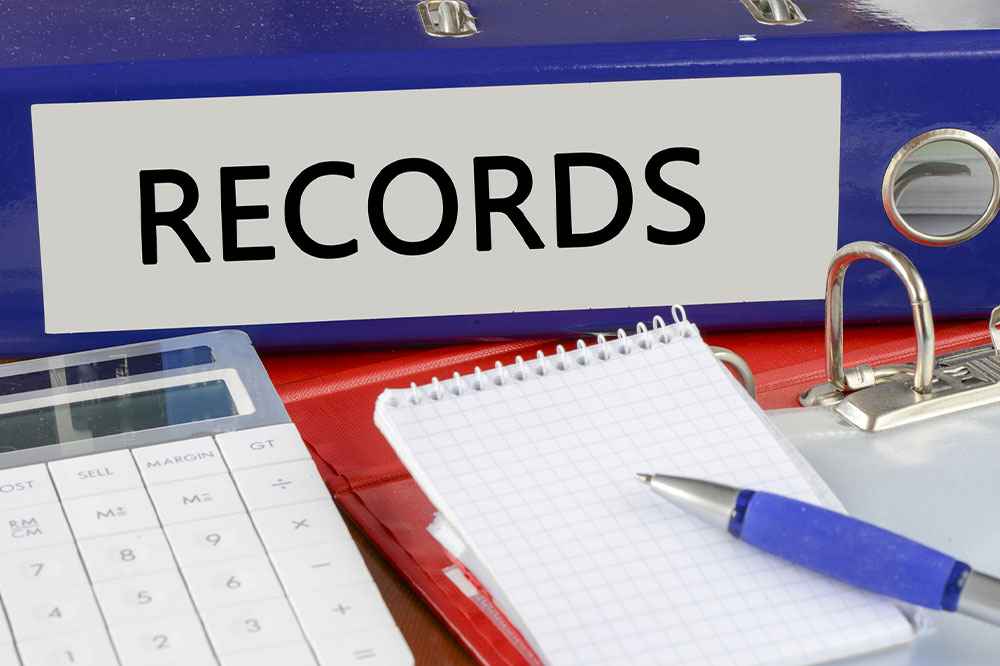Comprehensive Guide to Property Documentation: FAQs & Essential Insights
This comprehensive guide explores the importance of property documentation, how to access and verify property records, and legal procedures for addressing missing or disputed ownership records. It offers practical insights for buyers, sellers, and legal professionals on maintaining property rights and ensuring smooth transactions. From understanding legal documents to the role of attorneys, this article clarifies key aspects of property record management, emphasizing their significance in safeguarding ownership and avoiding disputes.

Comprehensive Guide to Property Documentation: FAQs & Essential Insights
Property documentation plays a crucial role in establishing legal ownership and ensuring the security of transactions involving land and real estate. These documents serve as official records that detail the legal rights, boundaries, and historical transfers associated with a specific parcel of land or real estate property. Understanding these documents is vital for buyers, sellers, investors, and legal professionals alike, as they form the backbone of property rights validation.
Typically, property documentation includes essential legal papers such as the deed, which signifies ownership rights, and other records like title history, survey maps, and transfer agreements. These documents are meticulously maintained by governmental bodies such as the local recorder’s office, registry of deeds, or county records department. These agencies are tasked with archiving all legal transactions related to properties within their jurisdiction, providing transparency and legal clarity for all parties involved.
How Property Records Facilitate Legal Transactions
Whenever a property changes hands — whether through a sale, inheritance, or transfer via a will — these transactions must be officially recorded. This record-keeping process ensures the legal integrity of each transfer, providing a reliable and accessible history of ownership. Accurate and up-to-date property records are essential for confirming ownership rights and preventing future disputes. They serve as vital proof of legal rights and help facilitate smooth property transactions, reducing the potential for conflicts.
Can I Access Property Records for Free?
Yes, most local governments and county offices provide free access to property records, often via their online portals or public offices. These records generally include key details such as immediate owner names, parcel or Tax ID numbers, current property boundaries, and outstanding property taxes. Accessing these records can help buyers verify ownership and gather relevant information before making transactions.
In addition to official government sources, several online platforms also offer free or low-cost property data. Notable websites such as Realtor.com, Zillow.com, Trulia.com, Vast.com, Oodle.com, eBay.com, and Craigslist provide extensive property listings and data, including unlisted or off-market homes. These platforms can be invaluable for investors, buyers, and real estate professionals seeking comprehensive property insights without incurring extra costs.
Why Are Property Records Essential?
Maintaining accurate and complete property records is not only a legal requirement but also a vital part of property ownership security. Proper records help prevent legal conflicts, such as disputes over property boundaries, claims of ownership, or liens from creditors. For example, improper or outdated records might allow a prior owner to claim rights or ownership, causing lengthy disputes and financial losses.
In legal proceedings, property records serve as concrete proof of ownership, boundary lines, and historical transfer details, which are critical during disputes, boundary clarifications, and estate settlements. Conducting thorough title searches—an exhaustive review of past and present property documents—can reveal potential issues and help verify the current owner’s legal rights. This process safeguards buyers, lenders, and legal professionals from future complications.
What Happens When Property Records Are Missing or Incomplete?
Sometimes, property records may be incomplete, lost, or unavailable, especially in older or unrecorded transactions. When this occurs, legal mechanisms such as a "quiet title" action can be employed. A quiet title lawsuit is a court proceeding used to resolve disputes over ownership, establish clear title, and remove any conflicting claims from various parties. This legal process effectively confirms the rightful owner and clears any clouds on the title.
Additionally, other evidence such as tax payment records, estate documents, or affidavits can be used to establish ownership when official records are unavailable. These alternative methods help owners and prospective buyers verify property rights and resolve uncertainties tied to missing documentation.
Is Legal Support Necessary When Managing Property Documentation?
While reviewing property records can often be a straightforward task, complex legal issues, disputes, or unfamiliar legal procedures may require professional assistance. Engaging a qualified real estate attorney or property lawyer can streamline the process, ensuring thorough research and proper handling of disputes or legal actions involving property records.
Legal professionals assist in interpreting complex documentation, conducting title searches, resolving ownership conflicts, and representing clients in court if necessary. Their expertise ensures that all legal requirements are met, reducing the risk of future legal issues and facilitating smooth property transactions. For individuals unfamiliar with legal procedures, consulting a property lawyer is highly recommended to ensure clarity and legal protection throughout the process.




